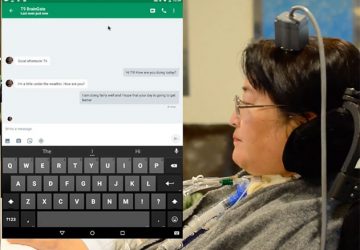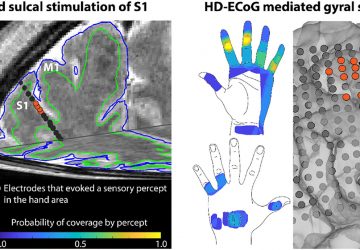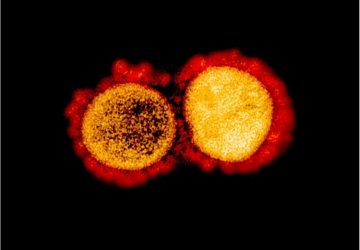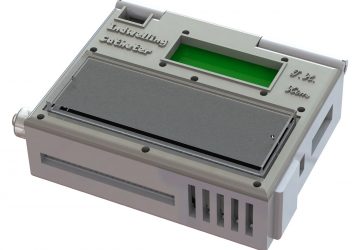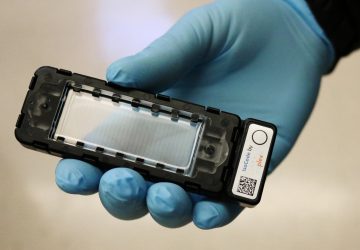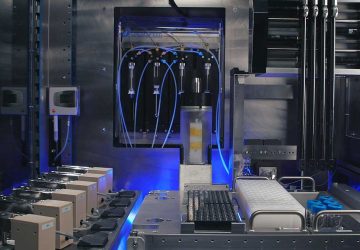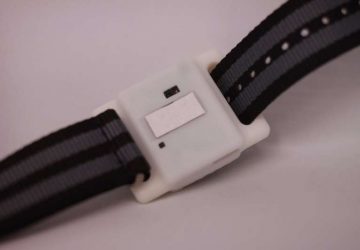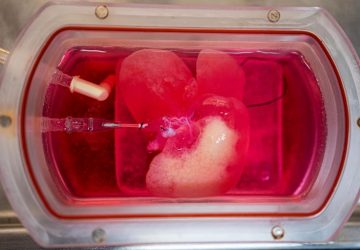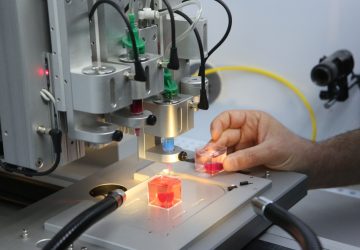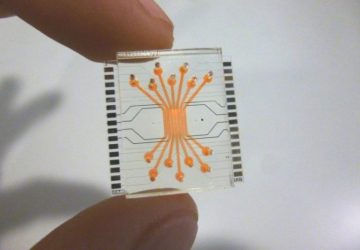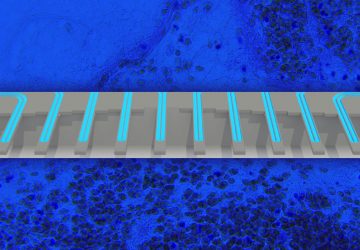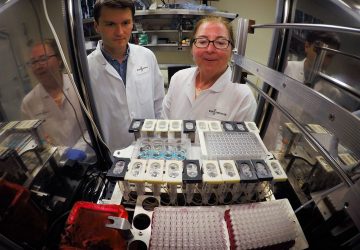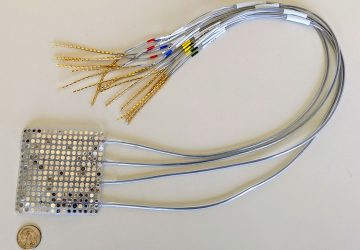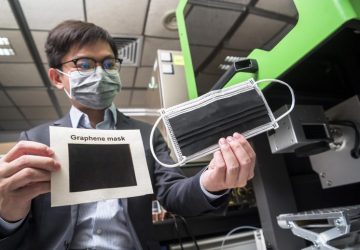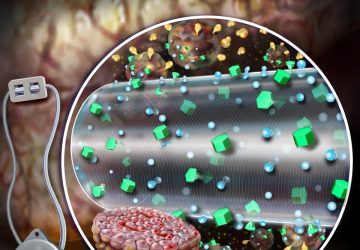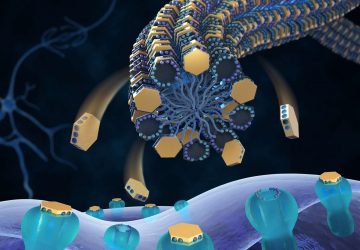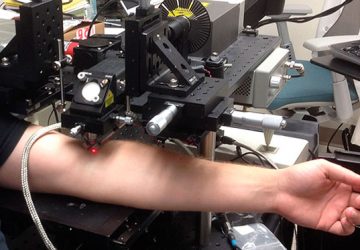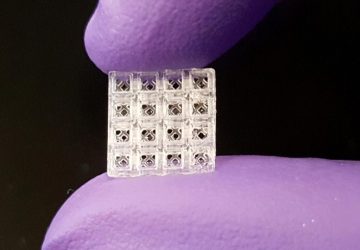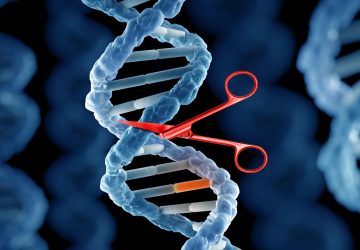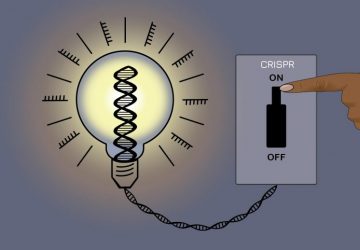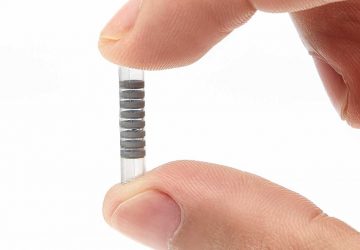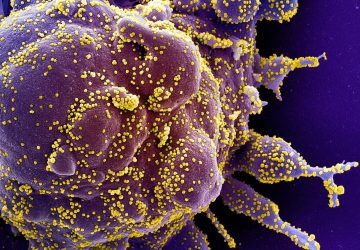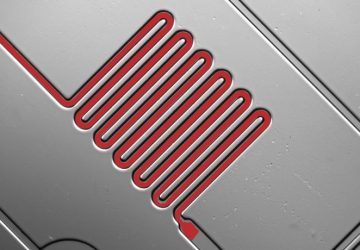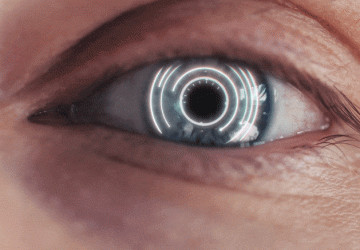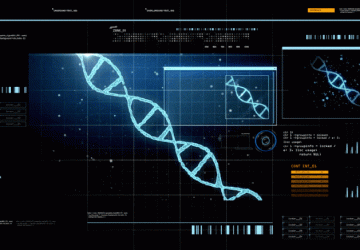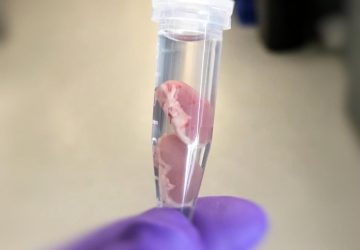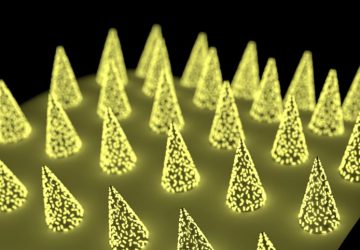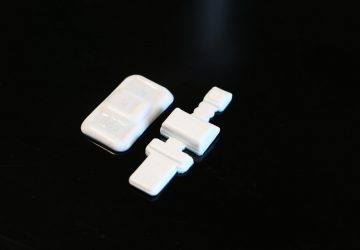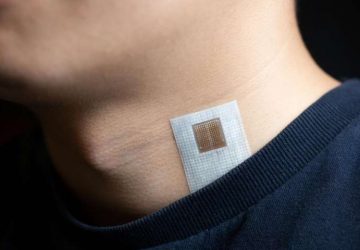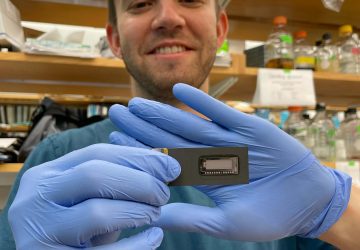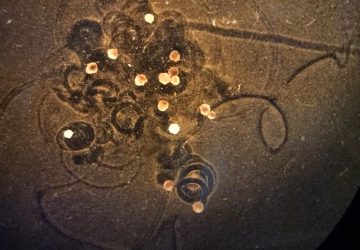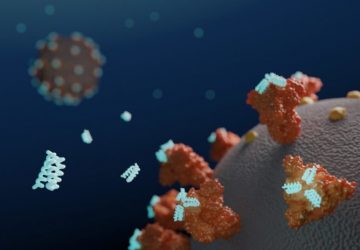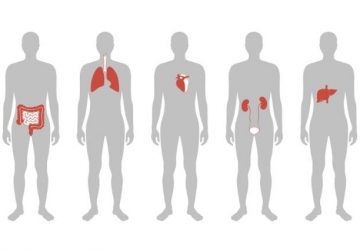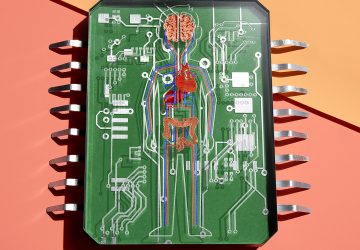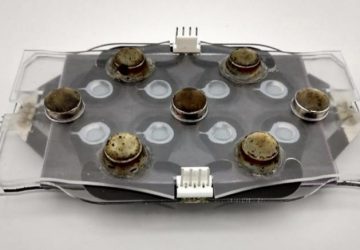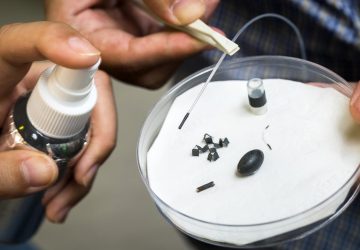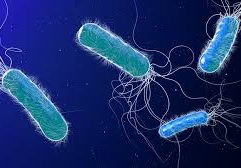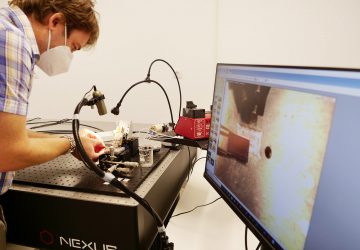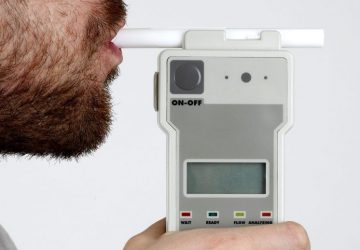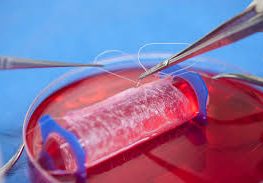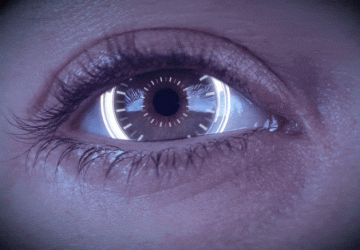A new tumour analysis test has been used to provide more information about cancer in children; something that researchers believe could be used to guide personalised treatments in the future. The test, developed by scientists at the University of British Columbia and BC Children’s Hospital, has been used on nine cancer types across 28 patients.

In all cases, the analysed tumours were from children. By testing paediatric cancers, the researchers found more genetic mutations in each sample than they would have if the patients had been adults. This in turn makes it easier to spot weaknesses in the cancers that can be treated with drugs.
The test works using targeted DNA sequencing, which involves looking at thousands of regions in each tumour’s individual genome. Any mutations in these areas can then be spotted. The whole process, from extracting the DNA to getting the results, takes less than three days. This is especially important given how aggressive paediatric cancer can be.
Amanda Lorentzian, a UBC graduate student who worked on this study, said: “”Using targeted sequencing allows for a fast turnaround time and a simple workflow. It has a lot of potential to inform better treatment options for pediatric patients.”
The survival rate for children with cancer is very high, with around 80 per cent being cured depending on the specific type of cancer. However, it can be difficult to find treatments, as many cancer drugs are not safe to be used on children. There is also the possibility of relapse, which lowers the cure rate by a significant amount.
This test could therefore lead to great improvements in paediatric cancer care, with treatment options being personalised more specifically to the patient. It is hoped that this in turn will lead to a smaller risk of relapse, increasing the overall cure rate for children suffering from cancer.
source : www.mediplacements.com

